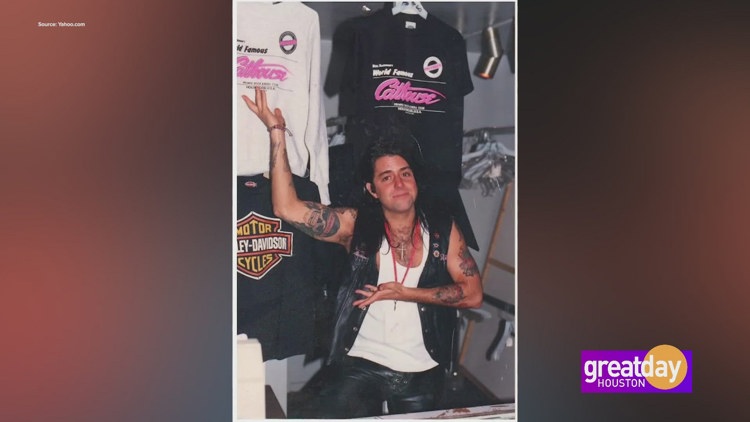Music personality Riki Rachtman stands as a singular, influential figure in the annals of rock and roll, whose pioneering efforts significantly shaped the landscape of music promotion during a transformative era. His unique vision brought to life “The Cathouse” club and cemented his status as the charismatic host of MTV’s “Headbanger’s Ball,” both serving as crucial platforms for the ascent of what is widely considered the golden age of hard rock and heavy metal.
Originating as an intimate, gritty club in Los Angeles, “The Cathouse” quickly transcended its humble beginnings to become an indispensable nexus for the burgeoning rock scene of the late 1980s. It provided an authentic, unfiltered sanctuary where both established icons and emerging talent could converge, network, and perform, fostering a vibrant community spirit rarely seen in mainstream venues. This raw, energetic environment became legendary, defining a significant cultural moment.
More than just a nightclub, “The Cathouse” evolved into a cultural phenomenon, a crucible where many bands that would later achieve global stardom honed their craft and built their initial fan bases. Its unpretentious atmosphere allowed for genuine connections between artists and their audiences, contributing profoundly to the underground movement that was poised to explode into the mainstream consciousness. The club’s reputation spread far and wide, drawing attention from across the music industry.
Concurrent with “The Cathouse’s” rise, Rachtman stepped into the national spotlight as the definitive host of MTV’s “Headbanger’s Ball,” a pivotal weekly program that delivered heavy metal and hard rock music videos to millions of homes. His distinctive, often irreverent style and deep personal connection to the rock music history he showcased made him an instant icon, resonating strongly with fans who craved authentic representation of their genre.
“Headbanger’s Ball” served as an unparalleled conduit, bridging the gap between the localized, organic energy of clubs like “The Cathouse” and the vast reach of global music television. This synergy was instrumental in catapulting bands from regional popularity to international superstardom, effectively democratizing access to 80s rock and beyond, ensuring its influence permeated every corner of the musical landscape.
Rachtman’s interviewing prowess on “Headbanger’s Ball” was characterized by his genuine curiosity and his ability to connect with artists on a personal level, often eliciting insights that went beyond typical promotional banter. He cultivated an environment where musicians felt comfortable expressing their true selves, offering viewers an intimate glimpse into the lives and minds of their favorite rock and roll figures, distinguishing the show from its contemporaries.
The combined impact of “The Cathouse” and “MTV Headbanger’s Ball” on the “golden age of rock ‘n roll” cannot be overstated. These platforms, meticulously shaped by Riki Rachtman’s unwavering dedication, not only amplified the sound of a generation but also created enduring cultural touchstones. They provided essential avenues for music promotion, nurturing an entire ecosystem that propelled countless artists to fame and solidified the genre’s place in popular culture.
Riki Rachtman’s legacy is one of profound cultural stewardship. Through his tireless efforts, he not only documented but actively participated in and profoundly influenced a crucial period in rock music history. His contributions ensured that the raw power and unbridled creativity of the era found a mainstream audience, cementing his status as an indispensable architect of hard rock’s enduring appeal and impact, a true testament to his vision and passion.






Leave a Reply